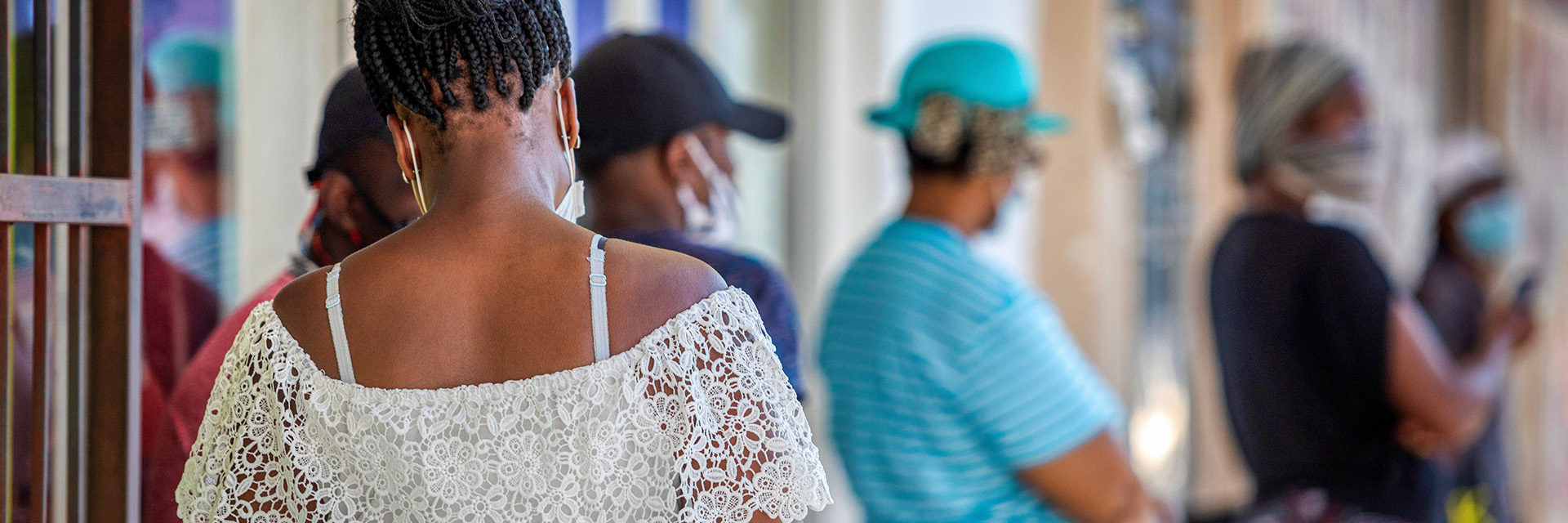
Financial Diaries were started by Stuart Rutherford of SafeSave and David Hulme at the University of Manchester. They believed a great deal of information about the lives of the poor was being missed by only relying on snapshot interview research methods. For more than a year, they interviewed hundreds of households every two weeks and recorded their most minute financial transactions. Financial Diaries provide a rich and detailed understanding of the financial behavior and needs of low-income households. Rutherford and Hulme tested Financial Diaries in Bangladesh in 2000, followed by a sample in India in 2001. Daryl Collins, BFA Global’s former Chief Executive Officer, implemented a much larger sample in 2003 for South Africa while she was a member of the Finance faculty at the University of Cape Town.
BFA Global has since implemented Financial Diaries projects in eleven countries: China, India, Kenya, Mexico, Mozambique, Pakistan, Rwanda, South Africa, Tanzania, Uganda and the United States. BFA Global’s proprietary Financial Diaries database application is key to collecting quality high-frequency data. Within the portfolio of Financial Diaries countries, we have expanded the application by supporting local researchers to implement data collection and assisting with data analysis. In so doing, Financial Diaries is not only more cost-effective to undertake, but it also leaves more knowledgeable local researchers to expand their work.
Building from the original Financial Diaries database created in 2004, BFA Global has constructed a copyrighted relational database that makes the collection of high frequency, small volume data possible. It also generates diary questions and basic reports. We promote the use of this database application, along with training manuals, to local researchers, effectively lowering the price of data collection and empowering local researchers to provide insights into a wide range of environments. By linking the database application to the i2i data platform, we have also enabled a broad sharing of compiled data.
The Financial Diaries are deep and systematic studies into the financial lives of low-income families, providing us with a unique view of the detailed financial behaviors of respondents. Through A Buck Short, a report by BFA Global, sponsored by Omidyar Network, our consultants Caitlin Sanford (former) and Julie Zollman took a deeper look at the experiences of the Financial Diaries of women from India, Kenya, and Mexico. This study illuminates the reality that serving women, and especially low-income women, requires us to think more intentionally about women’s financial lives; particularly financial service providers that aim to reach the female market.
Financial Diaries are not journals that families keep or self-reported data of any kind. Rather, researchers visit the families every two weeks to interview them about all financial activity and events in their lives. In these interviews, trained enumerators ask about all income, expenses and transactions in financial instruments (e.g., saving at home, borrowing from a bank, an installment loan and so on) held by household members.
In the most recent Diaries projects, researchers have logged information using custom database software applied on tablet computers. Before delving into the details of how much each member spent in the preceding two weeks and on what (i.e., the cash flows interviews), we collect information on household demographics and family history, physical assets, and income sources. The detailed cash flow interviews are guided by this initial information which is used to generate a cash flows interview template unique to each family.
The high-frequency nature of the study and the fact that the researchers must visit families in a relatively close geographic area constrains the sample size to about thirty families per researcher. Additionally, due to the intensive time commitment of the project, participating in an hour-long interview every two weeks, and concerns about attrition, Diaries households are not selected randomly. Households are also selected purposively to provide breadth to the sample. In the Smallholder Financial Diaries, for example, households were selected to gain samples with crop or irrigation diversity.
While the sample size and selection are qualitative, the data at the household level are quantitative in nature and generate thousands of cash flow data points. The Mexico Financial Diaries dataset, for example, contains over 220,000 individual cash flow data points.
The BFA Global team, together with FSD Kenya, conducted interviews with previous Financial Diaries participants to understand how low-income Kenyans are coping with the impact of COVID-19 in their lives. Read what they had to say about the impact of the pandemic.